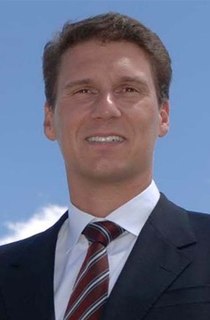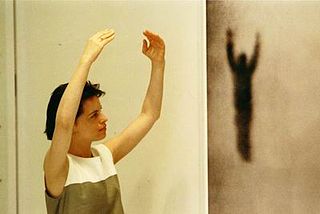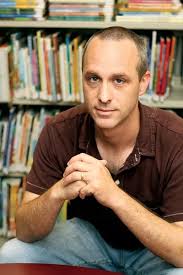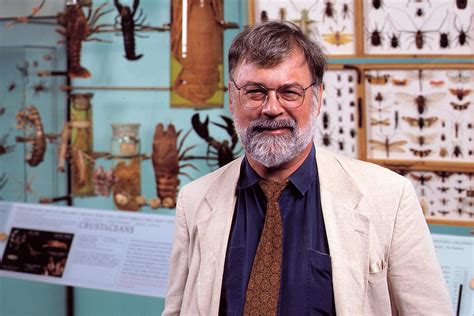A Quote by Bertrand Russell
One of the most painful circumstances of recent advances in science is that each one makes us know less than we thought we did
Related Quotes
For all the advances in technology, science and communications, there are signs that we are failing in areas where it matters most: our personal relationships and society in general. The atomisation of society evidenced by the startling increase in recent decades of single person households and the identification of loneliness and isolation as one of our most pressing new social problems, should give us cause for concern.
The whole point of science is that most of it is uncertain. That's why science is exciting--because we don't know. Science is all about things we don't understand. The public, of course, imagines science is just a set of facts. But it's not. Science is a process of exploring, which is always partial. We explore, and we find out things that we understand. We find out things we thought we understood were wrong. That's how it makes progress.
Life seems somehow less shocking, painful, and lonely - and more hopeful, agreeable, and beautiful - when our experiences are confirmed by those of others. Although each of us is unique, there are familiar responses and doubts and joys that let us know we have kin. We are not, after all, too strange to live.
When I contemplate the immense advances in science and discoveries in the arts which have been made within the period of my life, I look forward with confidence to equal advances by the present generation, and have no doubt they will consequently be as much wiser than we have been as we than our fathers were, and they than the burners of witches.
Nicholas Benedict did have an exceptional gift for knowing things (more exceptional, in fact, than most adults would have thought possible), and yet not even he could know that this next chapter was to be the most unusual-and most important-of his entire childhood. Indeed, the strange days that lay ahead would change him forever, though for now they had less substance than the mist through which he ran.
The triumph of science has been mainly due to its practical utility, and there has been an attempt to divorce this aspect from that of theory, thus making science more and more a technique, and less and less a doctrine as to the nature of the world. The penetration of this point of view to philosophers is very recent.
In the world of physics we watch a shadowgraph performance of the drama of familiar life. The shadow of my elbow rests on the shadow table as the shadow ink flows over the shadow paper. It is all symbolic, and as a symbol the physicist leaves it. ... The frank realisation that physical science is concerned with a world of shadows is one of the most significant of recent advances.
The world has changed far more in the past 100 years than in any other century in history. The reason is not political or economic but technological-technologies that flowed directly from advances in basic science. Clearly, no scientist better represents those advances than Albert Einstein: TIME's Person of the Century.
Though we are many, each of us is achingly alone, piercingly alone. Only when we confess our confusion can we remember that he was a gift to us and we did have him. He came to us from the creator, trailing creativity in abundance. Despite the anguish, his life was sheathed in mother love, family love, and survived and did more than that. He thrived with passion and compassion, humor and style. We had him whether we know who he was or did not know, he was ours and we were his.
If it is true that an influx of doubt and uncertainty actually marks periods of healthy growth in a science, then evolutionary biology is flourishing today as it seldom has flourished in the past. For biologists collectively are less agreed upon the details of evolutionary mechanics than they were a scant decade ago. Superficially, it seems as if we know less about evolution than we did in 1959, the centennial year of Darwin's on the Origin of Species.


































